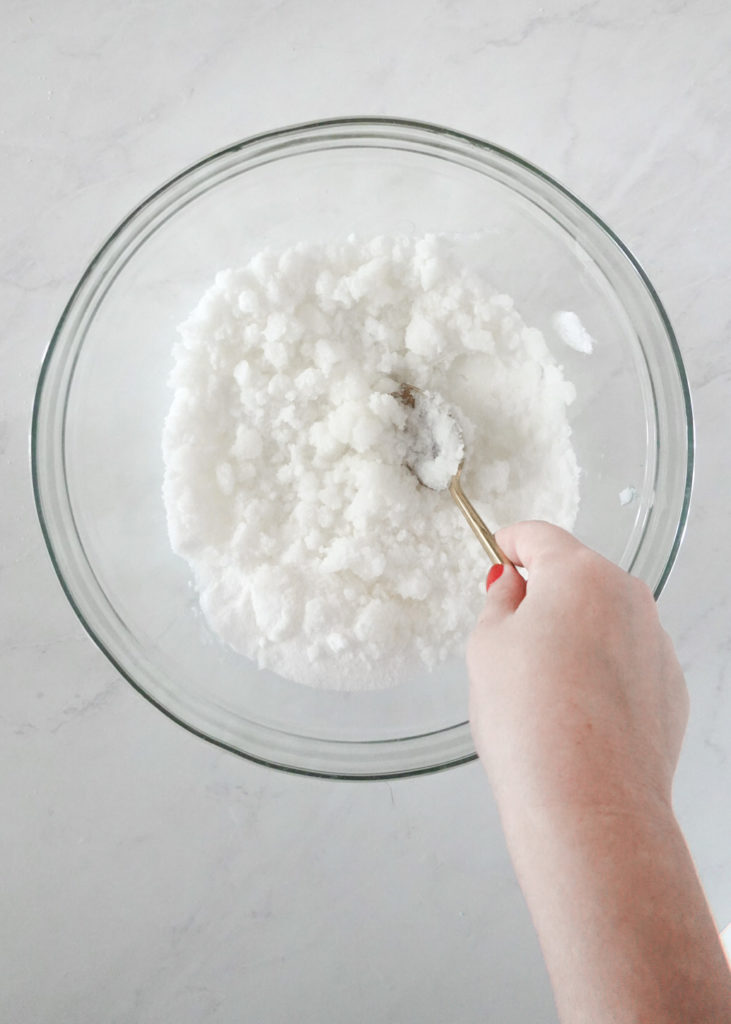When sugars are added to food and beverages, they make them taste great, but the only nutritional value that sugar adds is calories.
The added sugar and calories regularly consumed over time can lead to weight gain, obesity, and other health issues like high blood pressure and type 2 diabetes. In addition, the cultivation and harvesting of sugar cane and the production of sugar can have a significant negative impact on the environment.
But you don’t have to stop enjoying sweet beverages or food to avoid health issues or environmental harm. You can learn about sugar alternatives that still make sweet food and beverages taste great but won’t have the adverse effects that sugar imposes on your health or the environment you live in.
Reduce or Eliminate Sugar Intake
People may not realize just how much sugar they consume daily. According to the CDC, three in five Americans aged two years and older exceed the recommended daily sugar consumption.
The recommendation is that added sugar calories consumed each day should be less than 10% of your total daily calories. For example, if you consume 2000 calories per day, you should only ingest no more than 200 calories from added sugars.
To put it in perspective, 200 calories of added sugars equate to 12 tsp of sugar. One 12-ounce can of regular soda contains about 10 tsp. So sugar reduction is important, especially if you’re experiencing health problems due to overconsumption. Stevia, allulose, polyols, and low-sugar syrups can replace added sugars without eliminating great-tasting products.

A Low-Calorie Sugar Substitute
If you need to reduce your calorie intake but can’t visualize giving up sweet snacks and beverages, selecting products with sugar substitutes may be the answer. For example, you can use polyols cup-for-cup in the same amount as the sugar used in baked goods or ice cream, but they can provide fewer calories per gram than the sugar they’re replacing.
Stevia and some polyols, like erythritol, are zero-calorie sweeteners safe for people with diabetes who struggle to give up sweets. However, unlike polyols, stevia is much sweeter than sugar, so the stevia used will have to be a fraction of the amount when replacing sugar.
The Environmental Impact of Sweeteners
Because we are consciously trying to lessen our impact on the environment, more and more consumers are choosing products that fit that requirement. Around the world, 155 million tons of sugar are produced each year. Sugar cane cultivation needs an enormous amount of water and toxic agricultural chemicals.
Sugar production creates environmental harm through habitat destruction when making more room for sugar cane plantations, the release of polluted wastewater during production, and air pollution when the sugar cane is burned.
Stevia farms have the capability to have a smaller carbon and water footprint than sugar cane. Stevia farms can strive to be Rainforest Alliance Certified, which means they make efforts to curb deforestation, conserve soil and water, minimize the use of pesticides, reduce waste, and provide habitat for wildlife.
Choose Stevia When Considering All of These Factors
Sweetener substitutes can help those who struggle with giving up their sweets but want to convert to or maintain a healthy lifestyle.
The stevia sweetener is one sugar substitute that can satisfy your sweet tooth, help reduce or eliminate your sugar intake, reduce calories for weight loss, and lessen the impact of environmental harm. With all of these benefits of stevia, you can start or maintain your healthy lifestyle sooner rather than later.

halopro